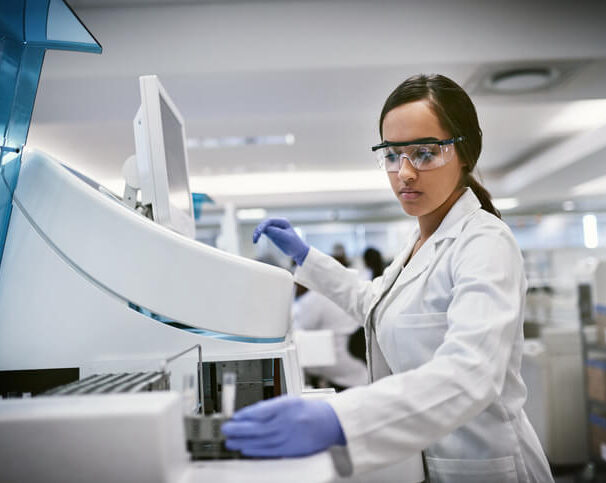Pathology Specialists/Technologists Healthcare Taxonomy Code 246QM0706X
HealthProviders DB is a comprehensive database of healthcare providers, including a complete directory of all Medical Technologists.
As of today, the following are the total number of Medical Technologists nationally, in your state, and near your location.
Medicare
The following are the total number of Medical Technologists who accept Medicare in your state, the number who have opted out of Medicare, and the total number excluded from participation in Medicare nationwide.
Alaska – Alabama – Armed Forces Pacific – Arkansas – American Samoa – Arizona – California – Colorado – Connecticut – District of Columbia – Delaware – Florida – Federated States of Micronesia – Georgia – Guam – Hawaii – Iowa – Idaho – Illinois – Indiana – Kansas – Kentucky – Louisiana – Massachusetts – Maryland – Maine – Marshall Islands – Michigan – Minnesota – Missouri – Northern Mariana Islands – Mississippi – Montana – North Carolina – North Dakota – Nebraska – New Hampshire – New Jersey – New Mexico – Nevada – New York – Ohio – Oklahoma – Oregon – Pennsylvania – Puerto Rico – Palau – Rhode Island – South Carolina – South Dakota – Tennessee – Texas – Utah – Virginia – Virgin Islands – Vermont – Washington – Wisconsin – West Virginia – Wyoming
Select the State name above or from the HealthProviders DB App filter panel to show the list of Medical Technologists by State. In addition, you can also narrow the list by City and more from the filter panel.
You can download the Medical Technologists dataset using HealthProviders DB Export.

What do Medical Technologists do?
Medical technologists perform complex tests on patient samples, such as blood and tissue, to assist physicians in diagnosing and treating diseases like cancer, heart disease, and diabetes.
They operate sophisticated equipment, interpret complex results, manage laboratory equipment, ensure quality control, and maintain accurate records, with their findings guiding crucial medical decisions for patients.
Responsibilities
Analyzing Samples: Medical technologists examine various biological specimens, including blood, urine, and tissues, to identify diseases.
Performing Tests: They conduct a wide range of scientific tests, including culturing bacteria, identifying infectious agents (such as bacteria, fungi, and viruses), and analyzing blood for disorders like anemia or leukemia.
Operating Equipment: These professionals utilize advanced instruments, such as microscopes, to analyze samples and perform complex tests.
Quality Control: They are responsible for ensuring the accuracy and reliability of tests by performing quality control procedures, troubleshooting equipment issues, and maintaining a safe lab environment.
Reporting and Documentation: Medical technologists record and report their findings to physicians, providing essential information for patient diagnosis and treatment.
Specialized Areas: They may specialize in areas such as blood banking (matching blood for transfusions), clinical chemistry, or microbiology.
Why They Are Important
Public Health: By identifying infectious agents and tracking disease trends, they contribute to public health efforts.
Diagnosis: A significant percentage (60-70%) of medical decisions, including those for diagnosis, are based on the results from medical laboratory scientists.
Treatment: Their work helps physicians determine the most effective treatments and monitor their outcomes for patients.

